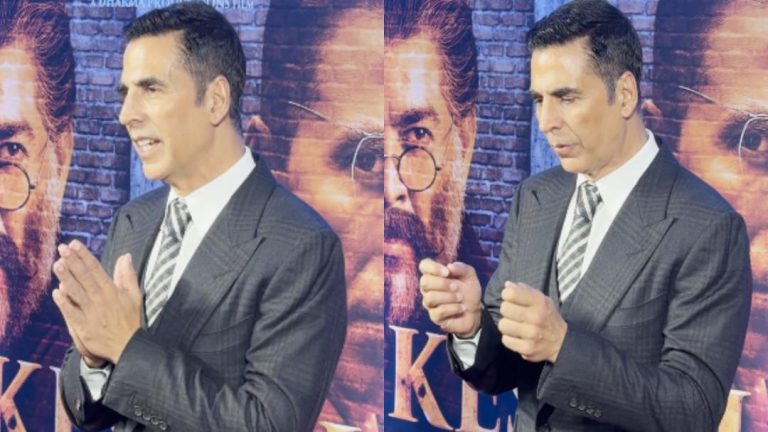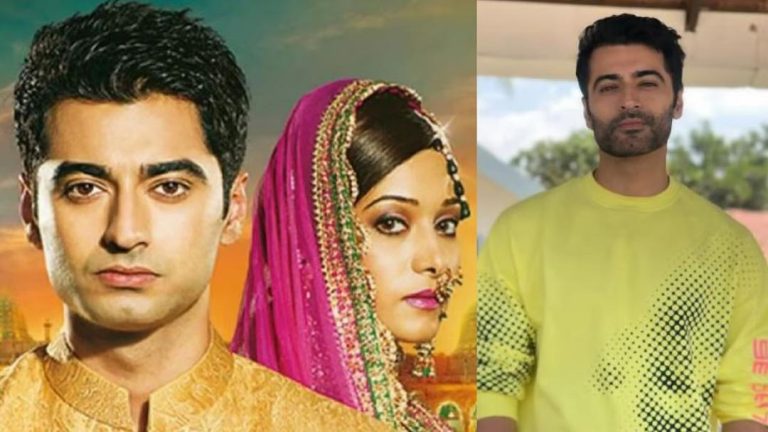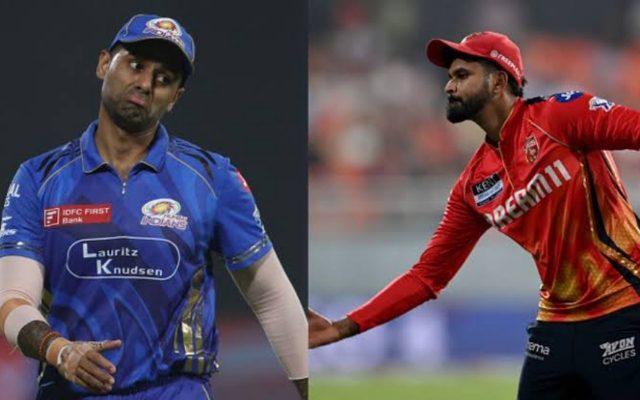
We work for everyone: Deol on Fawad’s return to Indian cinema
The ongoing debate about Pakistani actors working in Indian cinema has taken another turn with the announcement of Fawad Khan’s return to the industry with the upcoming film “Abir Gulaal”. The news has sparked a mixed reaction, with some welcoming the development and others expressing reservations. Amidst the controversy, Sunny Deol, a well-known Bollywood actor, has weighed in on the issue, saying that actors work for everyone, regardless of their nationality.
In a recent interview, Deol was asked about Fawad’s return to Indian cinema, and he responded by saying, “We’re actors; we work for everyone all over the world.” He added, “Even if somebody’s watching or not, we’re for everyone.” Deol’s statement suggests that he does not believe that an actor’s nationality should determine whether or not they are allowed to work in another country.
The issue of Pakistani actors working in Indian cinema has been a contentious one in recent years. In 2016, the Indian Motion Picture Producers’ Association (IMPPA) banned Pakistani artists from working in India, citing tensions between the two countries. However, the ban was eventually lifted, and some Pakistani actors, such as Faisal Khan and Rahat Fateh Ali Khan, have since worked in Indian films.
The debate surrounding Fawad’s return to Indian cinema is not limited to the world of entertainment. Political groups, such as the Maharashtra Navnirman Sena (MNS), have also weighed in on the issue. MNS spokesperson Ameya Khopkar has said that the party will not allow “Abir Gulaal” to release in Maharashtra if Fawad is involved in the film. Khopkar’s statement is a clear example of the political tensions that continue to surround the issue of Pakistani actors working in Indian cinema.
Despite the controversy, Deol’s statement suggests that he believes that actors should be judged on their talent and work, rather than their nationality. This is a refreshing perspective, especially in an industry where politics and nationalism often seem to play a larger role than artistic merit.
Deol’s comments are also a reminder that, at the end of the day, actors are artists who aim to entertain and connect with audiences from all over the world. They are not politicians or diplomats, and their work should not be judged on the basis of their nationality or the political tensions between their countries of origin.
It is also worth noting that Deol’s statement is not unique to him. Many Indian actors and filmmakers have spoken out in support of Pakistani artists working in Indian cinema. For example, filmmaker Karan Johar has been a vocal advocate for including Pakistani talent in his films, and actor Shah Rukh Khan has also spoken out in support of the ban being lifted.
In conclusion, Sunny Deol’s statement on Fawad’s return to Indian cinema is a refreshing reminder that, in the world of entertainment, talent and artistry should be the only criteria for success. It is a message that resonates not only in the context of Indian cinema, but also in the global film industry as a whole.






